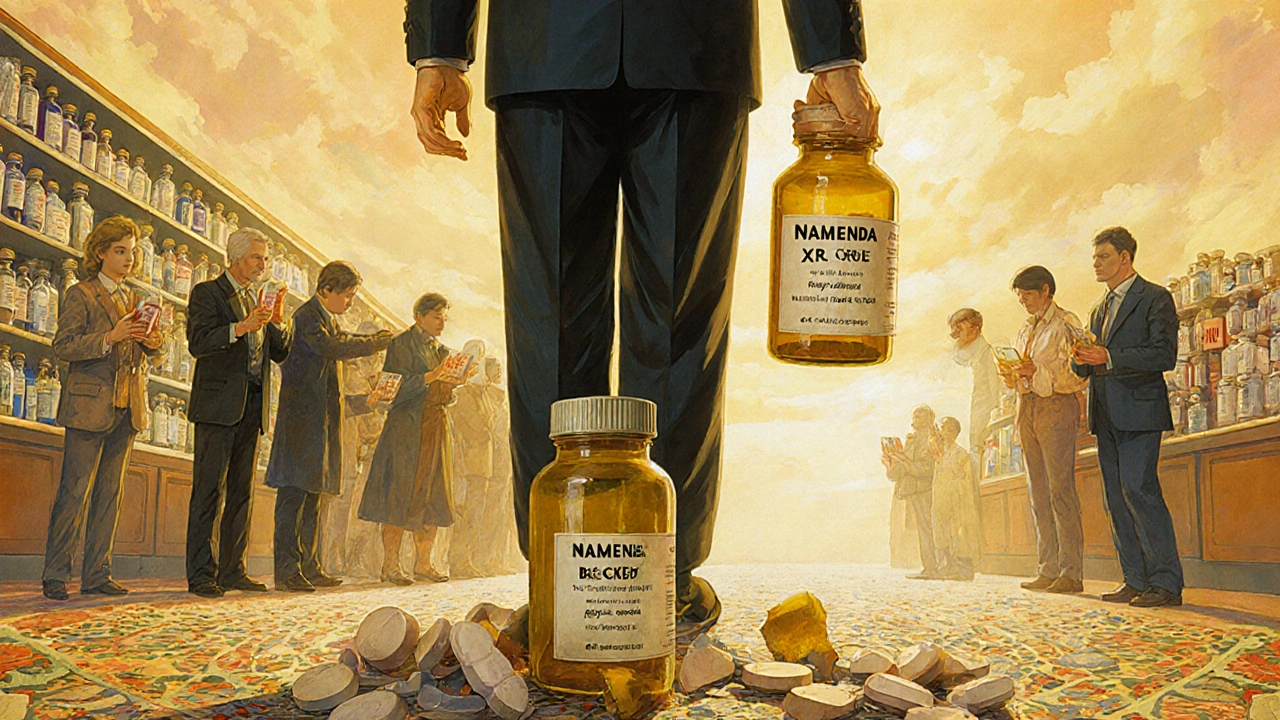Antitrust in Pharmaceuticals: How Drug Pricing, Patents, and Market Control Affect Your Access to Medicines
When we talk about antitrust, laws designed to prevent monopolies and promote fair competition in markets. Also known as competition law, it’s the invisible force behind whether a life-saving drug costs $50 or $500 a month. In the pharmaceutical world, antitrust isn’t just about big corporations fighting in court—it’s about whether you can afford your insulin, your cancer pill, or your generic antidepressant tomorrow.
pharmaceutical patents, legal protections that give drugmakers exclusive rights to sell a medicine for a set time are often used not to innovate, but to delay cheaper versions. Companies tweak a drug’s formula just enough to get a new patent, then sue generic makers for infringement. This is called "evergreening," and it’s a common tactic that keeps prices high. Meanwhile, generic drugs, medicines that are chemically identical to brand-name versions but sold at a fraction of the cost sit on the shelf, waiting for legal clearance. The drug pricing, the cost consumers and insurers pay for medications, often determined by market control rather than production expense system rewards companies that block competition—not those that make care affordable.
When two big drug companies merge, antitrust regulators should step in if it means fewer choices for patients. But too often, they don’t. Look at the ambrisentan patent case—it delayed generic access for years, forcing PAH patients to pay more. Or how some manufacturers buy out smaller competitors just to bury their cheaper alternatives. These aren’t abstract legal issues. They’re why your co-pay jumped last year, why your doctor had to fight your insurance for a different brand, or why you had to wait six months for a refill.
Antitrust enforcement isn’t about punishing big pharma—it’s about making sure the system works for people who need medicine, not just shareholders. The posts below show real cases where patents, pricing, and corporate control collide with patient access. You’ll see how generic alternatives finally broke through, how insurance battles started with a single patent extension, and why some drugs stay expensive even after decades on the market. This isn’t theory. It’s your prescription.

Antitrust Issues in Generic Substitution: How Big Pharma Blocks Cheaper Drugs
Big Pharma uses legal tricks like product hopping and REMS abuse to block cheaper generic drugs, costing patients billions. Courts are starting to crack down - but the fight isn't over.
Read More




